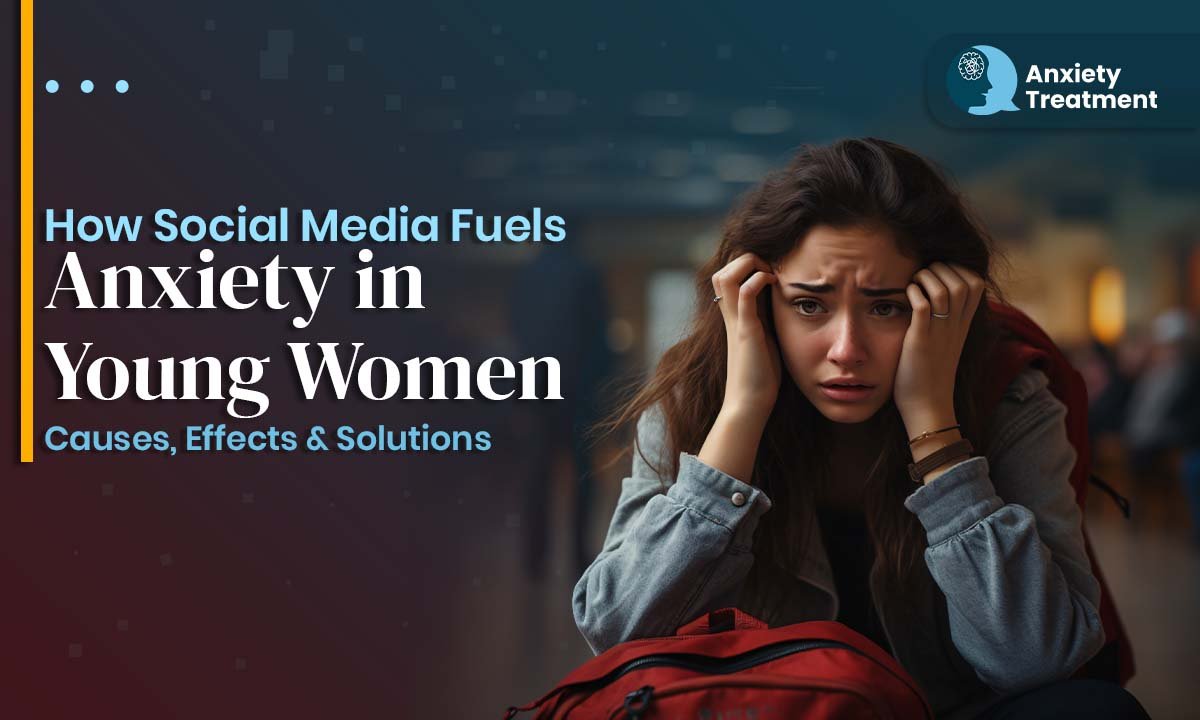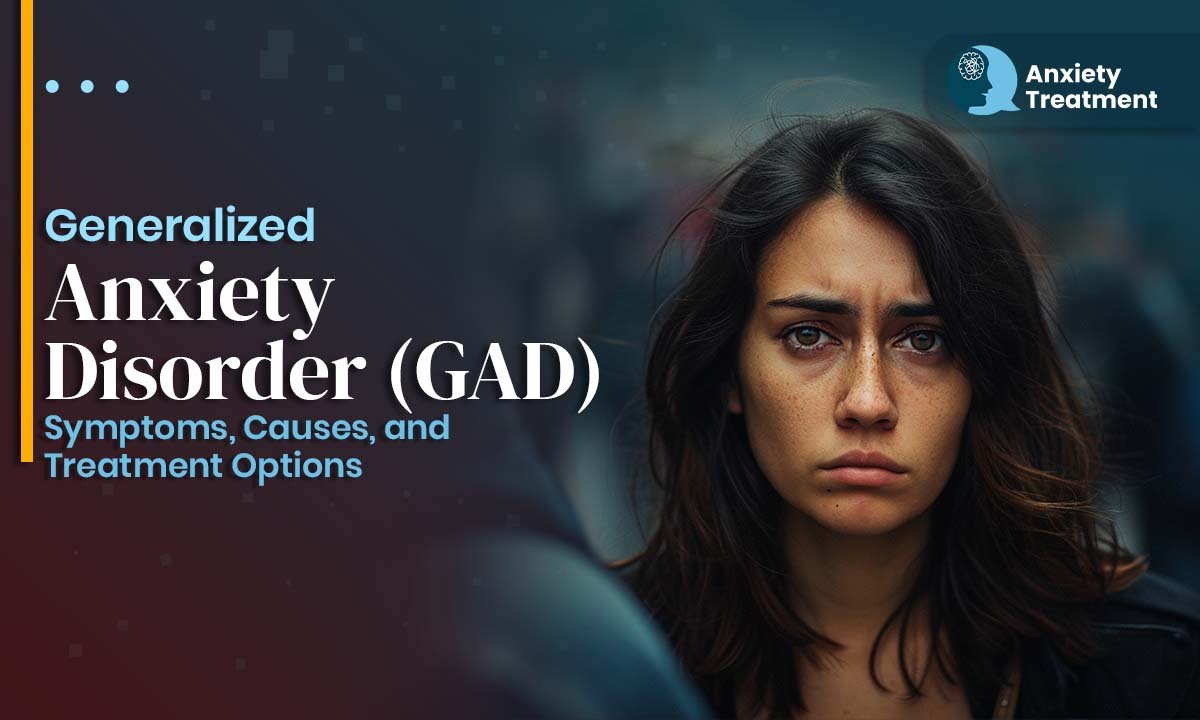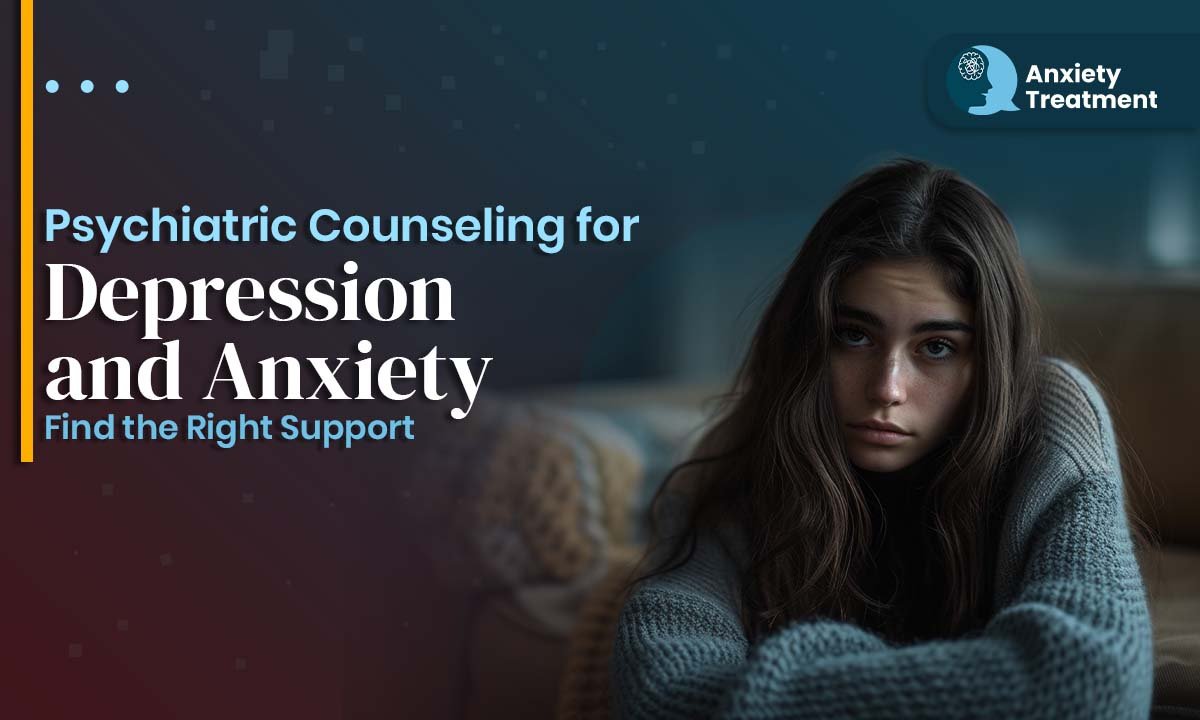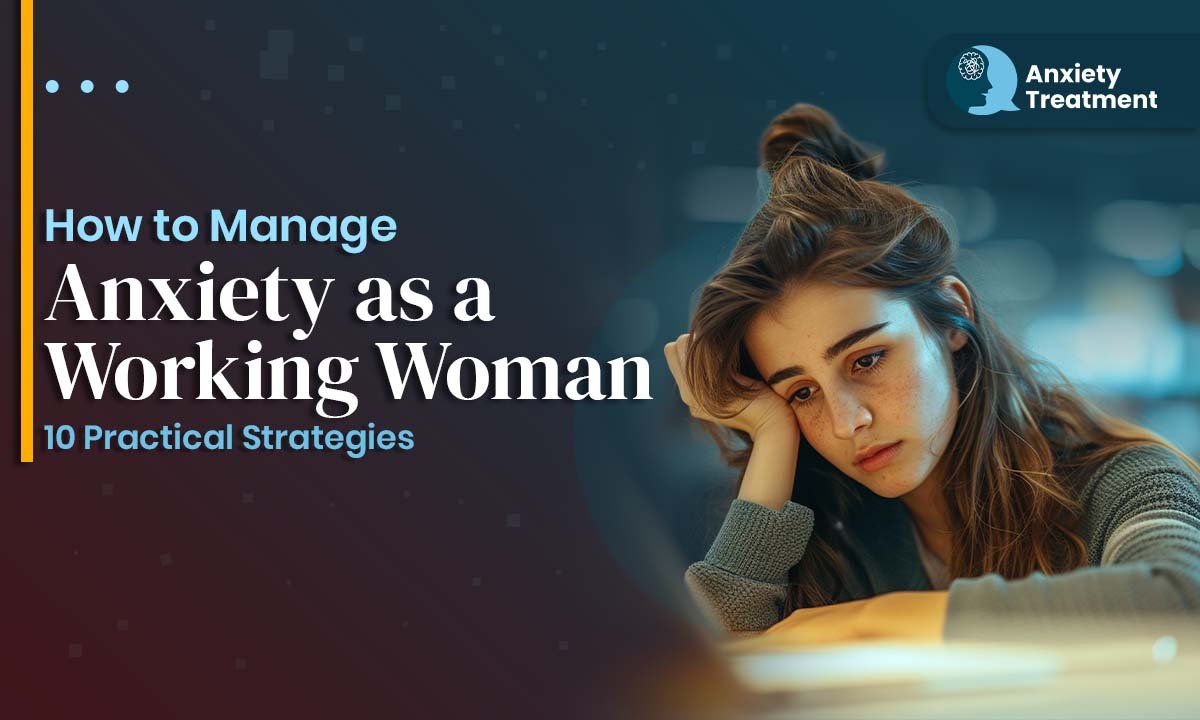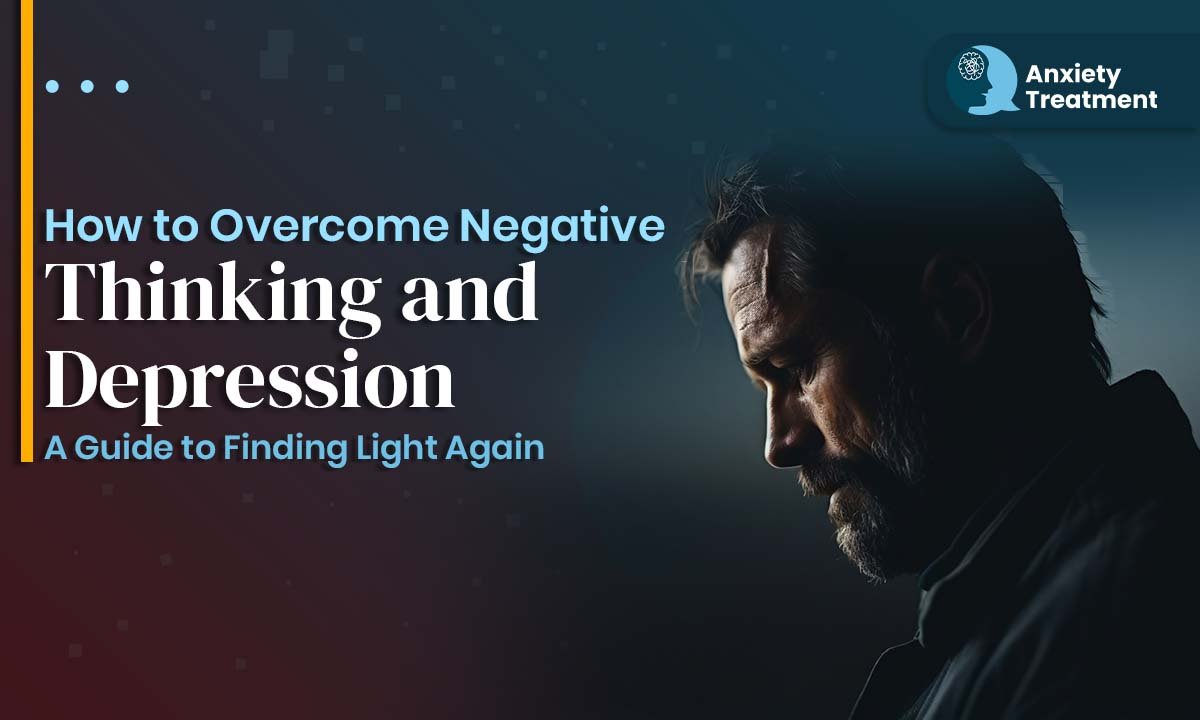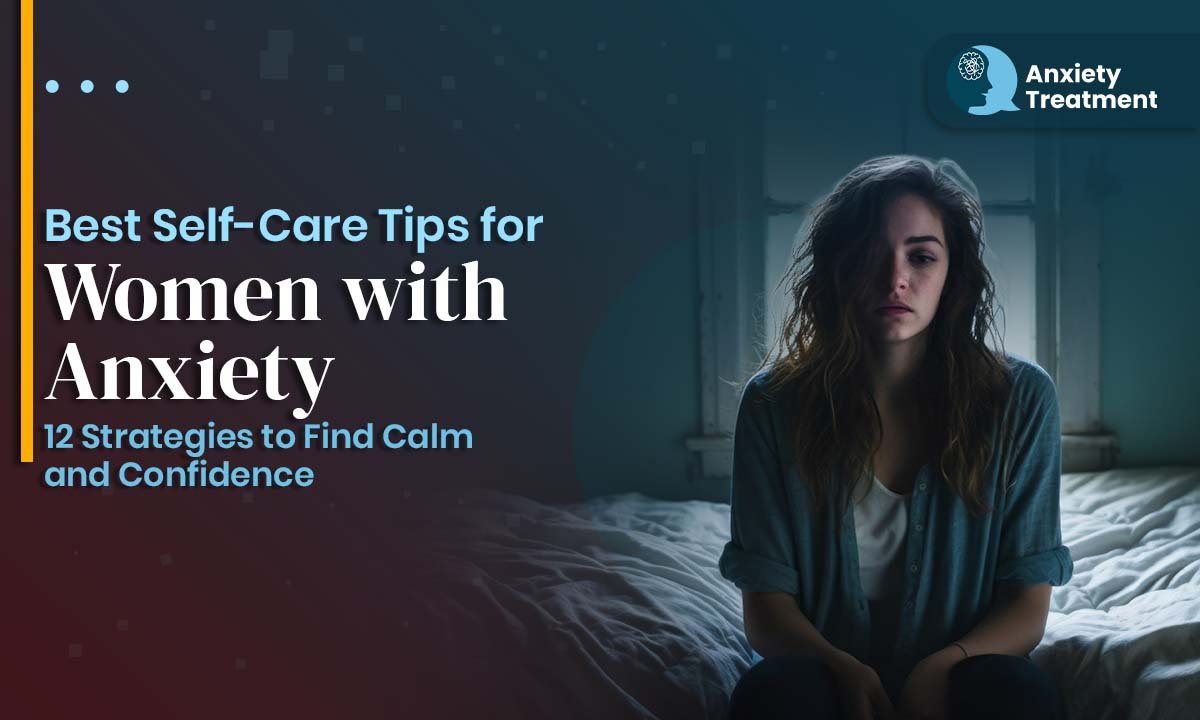In today’s digitally driven world, social media has become a daily habit especially among young women. While platforms like Instagram, TikTok, and Snapchat offer entertainment, connection, and even empowerment, they also carry a darker side. A growing body of research shows a direct link between social media and anxiety in young women, highlighting a need for greater awareness, healthier habits, and timely interventions.
This blog dives into how social media contributes to rising anxiety levels in young women, the psychological and emotional effects, and practical strategies to take back control of your digital well-being.
The Rise of Digital Anxiety: A New Age Concern
Social media platforms were designed to bring people together, but they’ve also become sources of comparison, self doubt, and emotional overwhelm. According to mental health studies, social media effects on teen girls and young women are more intense than on other demographics.
The constant exposure to “perfect” bodies, lifestyles, and achievements creates unrealistic standards, triggering feelings of inadequacy and fear of missing out (FOMO).This emotional turbulence is a key contributor to anxiety.
But the question remains : Does social media cause anxiety? While it may not be the sole cause,it certainly plays a significant role in magnifying underlying mental health issues, especially in emotionally vulnerable age groups.
How Social Media Affects Mental Health : A Clear Perspective
To grasp the full picture, let’s look at how social media affects mental health in young women :
1. Constant Comparison
Young women often compare their looks, achievements, or lifestyle with filtered, curated posts from others.This comparison can lead to self-esteem issues, body image disorders, and chronic dissatisfaction.
2. Fear of Missing Out (FOMO)
Seeing friends or influencers constantly on vacation, attending events, or living seemingly perfect lives can create anxiety around not doing enough or being left out.
3. Cyberbullying and Online Harassment
Social media can open doors to criticism, trolling, and bullying, which disproportionately affect young women and contribute to anxiety, depression, and social withdrawal.
4. Sleep Disruption
Late-night scrolling and blue light exposure interfere with sleep patterns, worsening anxiety symptoms over time.
5. Addictive Behavior and Validation Seeking
The dopamine driven loop of likes, shares, and comments can become addictive.Young women often rely on external validation from social media,
making them more anxious when their posts don’t receive the expected engagement.
Why Are Young Women More Affected?
There are biological, psychological, and social factors that make young women more vulnerable to anxiety triggered by social media:
- Hormonal fluctuations during adolescence and early adulthood
- Greater emotional sensitivity to peer feedback
- Higher usage rates of image-based platforms like Instagram and TikTok
- Cultural pressures related to beauty, success, and social status
All these elements intensify the impact of social media on mental health, particularly among young women navigating identity formation and social belonging.
Recognizing the Signs of Social Media-Induced Anxiety
Awareness is the first step .Signs your anxiety may be triggered by social media use include::
- Feeling anxious or stressed after scrolling
- Constantly checking likes or comments
- Comparing yourself negatively to others
- Difficulty focusing or being present in real life
- Feeling “not good enough” after seeing certain content
- Sleep disruption due to nighttime screen time
If these symptoms resonate, it may be time to reassess your digital habits.
Effective Solutions: How to Regain Digital Balance
1. Limit Screen Time
Set daily usage limits on apps. Use built-in tools like 'Screen Time' on iOS or 'Digital Wellbeing' on Android to monitor and limit excessive social media usage.
2. Curate Your Feed
Unfollow accounts that make you feel anxious or unworthy. Instead, follow pages that promote mental health, body positivity, and real-life stories.
3. Schedule Social Media Breaks
Take a break every week even if it’s just a few hours to reconnect with offline life.
4. Practice Mindfulness
Incorporate practices like meditation, journaling, or yoga into your routine to reduce anxiety and increase self-awareness.
5. Seek Professional Help
If your anxiety becomes unmanageable, talk to a therapist. Cognitive behavioral therapy and mindfulness-based therapies are highly effective in treating social media-related anxiety.
Social Media Isn’t All Bad It’s About How You Use It
For many young women, it offers a sense of community, access to mental health resources, and a platform for self-expression. The key lies in mindful consumption and creating a healthy relationship with these platforms.Treat social media as a tool for connection, not a reflection of your self-worth.
Final Thoughts
The connection between social media and anxiety in young women is real and growing. While social media offers opportunities for connection and creativity, it also presents risks to mental well-being, especially for those in emotionally formative stages. If you’re struggling with anxiety and suspect your digital habits play a part, don’t ignore the signs. Reflect, reset, and reach out if needed. Because your mental health matters more than any feed, filter, or follower count.

